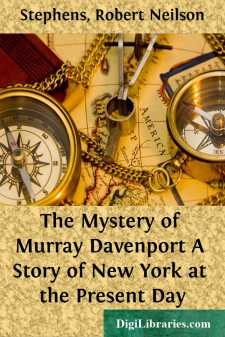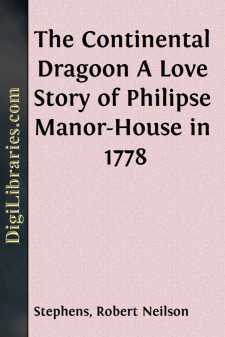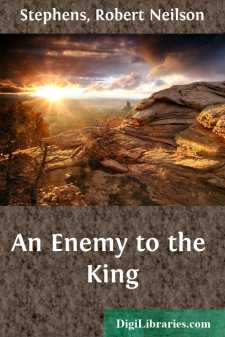Categories
- Antiques & Collectibles 13
- Architecture 36
- Art 48
- Bibles 22
- Biography & Autobiography 813
- Body, Mind & Spirit 142
- Business & Economics 28
- Children's Books 15
- Children's Fiction 12
- Computers 4
- Cooking 94
- Crafts & Hobbies 4
- Drama 346
- Education 46
- Family & Relationships 57
- Fiction 11828
- Games 19
- Gardening 17
- Health & Fitness 34
- History 1377
- House & Home 1
- Humor 147
- Juvenile Fiction 1873
- Juvenile Nonfiction 202
- Language Arts & Disciplines 88
- Law 16
- Literary Collections 686
- Literary Criticism 179
- Mathematics 13
- Medical 41
- Music 40
- Nature 179
- Non-Classifiable 1768
- Performing Arts 7
- Periodicals 1453
- Philosophy 64
- Photography 2
- Poetry 896
- Political Science 203
- Psychology 42
- Reference 154
- Religion 513
- Science 126
- Self-Help 84
- Social Science 81
- Sports & Recreation 34
- Study Aids 3
- Technology & Engineering 59
- Transportation 23
- Travel 463
- True Crime 29
Tales from Bohemia
Description:
Excerpt
A MEMORY
One crisp evening early in March, 1887, I climbed the three flights of rickety stairs to the fourth floor of the old "Press" building to begin work on the "news desk." Important as the telegraph department was in making the newspaper, the desk was a crude piece of carpentry. My companions of the blue pencil irreverently termed it "the shelf." This was my second night in the novel dignity of editorship. Though my rank was the humblest, I appreciated the importance of a first step from "the street." An older man, the senior on the news desk, had preceded me. He was engaged in a bantering conversation with a youth who lolled at such ease as a well-worn, cane-bottomed screw-chair afforded. The older man made an informal introduction, and I learned that the youth with pale face and serene smile was "Mr. Stephens, private secretary to the managing editor." That information scarcely impressed me any more than it would now after more than twenty years' experience of managing editors and their private secretaries.
The bantering continued, and I learned that the youth cherished literary aspirations, and that he performed certain work in connection with the dramatic department for the managing editor, who kept theatrical news and criticisms within his personal control.
Suddenly a chance remark broke the ice for a friendship between the young man and me which was to last unbroken until his untimely death. Stephens wrote the Isaac Pitman phonography! Here had I been for more than three years wondering to find the shorthand writers of wide-awake and progressive America floundering in what I conceived to be the Serbonian bog of an archaic system of stenography. Unexpectedly a most superior young man came within my ken who was a disciple of Isaac Pitman. Furthermore, like myself, he was entirely self taught. No old shorthand writer who can look back a quarter of a century on his own youthful enthusiasm for the art can fail to appreciate what a bond of sympathy this discovery constituted. From that night forward we were chosen friends, confiding our ambitions to each other, discussing the grave issues of life and death, settling the problems of literature. Notwithstanding his more youthful appearance, my seniority in age was but slight. Gradually "Bob," as all his friends called him with affectionate informality, was given opportunities to advance himself, under the kindly yet firm guidance of the managing editor, Mr. Bradford Merrill. That gentleman appreciated the distinct gifts of his young protégé, journalistic and literary, and he fostered them wisely and well. I remember perfectly the first criticism of an important play which "Bob" was permitted to write unaided. It was Richard Mansfield's initial appearance in Philadelphia as "Dr. Jekyl and Mr. Hyde," at the Chestnut Street Theatre on Monday, October 3, 1887.
After the paper had gone to press, and while Mr. Merrill and a few of the telegraph editors were partaking of a light lunch, the night editor, the late R.E.A....







